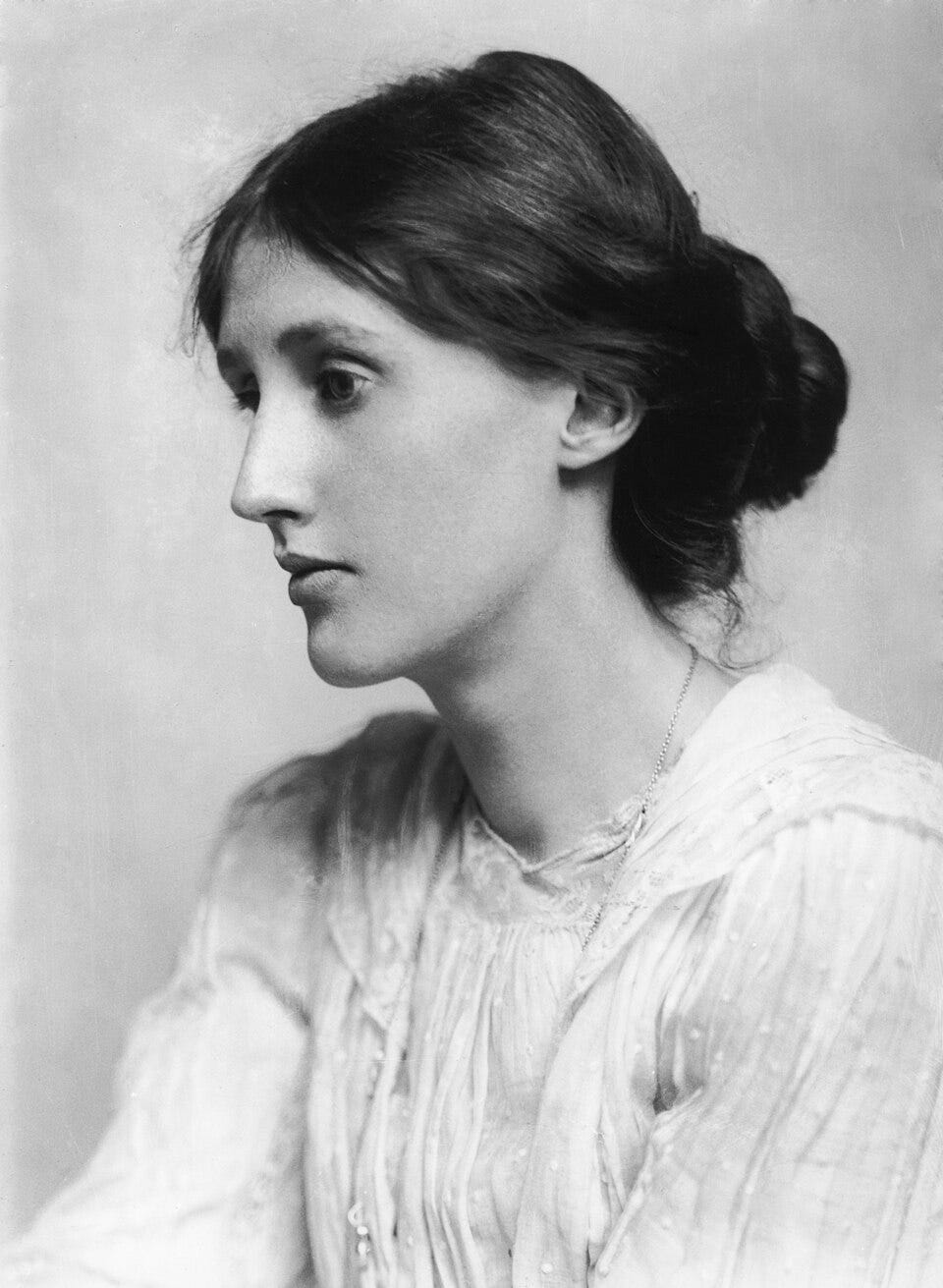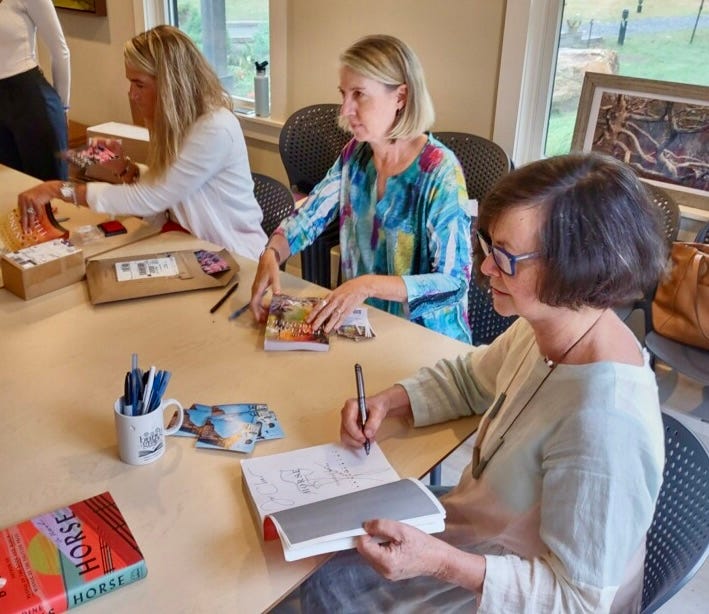If you’re seeing this newsletter for the first time, welcome! If you want to get off this list, just click “unsubscribe” at the bottom of this message. If you’re not already subscribed, you can sign up for free to receive new (short!) posts every couple of weeks.
Every once in a while, I’m asked about my path to publishing my first novel, The Italian Prisoner. Like most authors, I wanted an agent and a traditional publishing deal. But I knew that could take years—after I finished writing—and I was up against a ticking clock. My research partner, Sal Serio, and my mother (an avid reader) were both in their 80s, constantly asking, “When are you going to finish? I’m not getting any younger!”
With the goal of producing a tight, well-crafted novel, I worked with a developmental editor (the great Allison Alsup of New Orleans Writers Workshop). Then, I made a science project out of researching agents and sent out batch after batch of meticulously written, customized emails. [My friend
wrote eloquently about this excruciating process in her recent Substack letter.] I had a few positive responses, but ultimately, after many months of ghostings and rejections…nothing. (I’ve since seen estimates that approximately 1% of unsolicited fiction queries result in representation deals.) As my friend says, your mileage may vary. It’s a fickle, time-consuming, and dysfunctional business, but if you're pursuing that path, I wish you all the success in the world.Around the time I was descending into despair, the New Orleans Nightcrawlers won a Grammy for their fabulous independently-produced album “Atmosphere.” Many of my musician friends long ago opted out of the record company oligarchy to produce and distribute their music. It was a wake-up call for me: there’s no shame in “going indie,” as long as your art is done well. Just ask Virginia Woolf.

I’m no Virginia Woolf, but I did want to be taken seriously as an author, not dismissed as a retiree hobbyist. Nevertheless, I suppressed my wounded ego and took the plunge. I engaged a well-regarded assisted self-publishing company to help with the mechanics of putting a respectable book together under my own imprint. Unlike traditionally published authors, I had total control over the cover, the design, the audiobook, and most importantly, the timing of the release.
I was fortunate that I could self-finance the project, and that I had a previous career in marketing. But you can DIY many elements of self-publishing with a little sweat equity. I could write a whole other post on the many resources out there, but here are a few: IngramSpark’s tutorials, professional associations like the Alliance of Independent Authors, and hybrid publisher Brook Warner’s Substack.
Since April of 2022, the book has found its way to thousands of readers. I’ve kept 100% of the net royalties, long since paying back my initial investment. I’ve shared the novel’s true backstory with over 50 book clubs, organizations, and literary festivals. I’m so grateful for the support and encouragement of fellow authors, booksellers, librarians, and the literary community. And never once has a reader asked me, “Who’s your agent?” or “Who’s your publisher?”

What didn’t I get? An advance (though most of those are pretty small these days), respect from a few literary festivals that shun self-published authors, a shot at major prizes and reviews, and access to a traditional publisher’s support and wider sales network. Would’ve been nice, but not essential to my greater goal: to shine a light on a little-known chapter in history, and the people who lived it.
Would I try again to cold query agents for my second novel? No. Life’s too short and the odds are too long. Would I turn down an offer from a traditional or reputable hybrid publisher who’d take a submission without an agent? Maybe, if there was alignment in our goals and values. But there’s solace in knowing I can do it on my own. Because I decided to go indie, Sal and my Mom, both of whom have since passed on, got to proudly hold the published book in their hands.




There is something wonderful about saying, "I want this story told." Isn't that why we write?
Bravo, Elisa.
What an excellent description of the process. Painters face the same “gatekeepers” in the form of big galleries. I have always found that system incompatible with my goals and values. I ‘never drank the cool aid’.
The great news is that social media has taken the power out of the hands of these pretentious and often ignorant people. Like you…. Simply deciding to put my work out there has been a revelation. I now have what could be described as a “career” without kowtowing to the ‘art world’. I am finding an audience of peers and when I sell a piece I do not have to give 50% to a gallery….that was always a complete deal breaker for me.